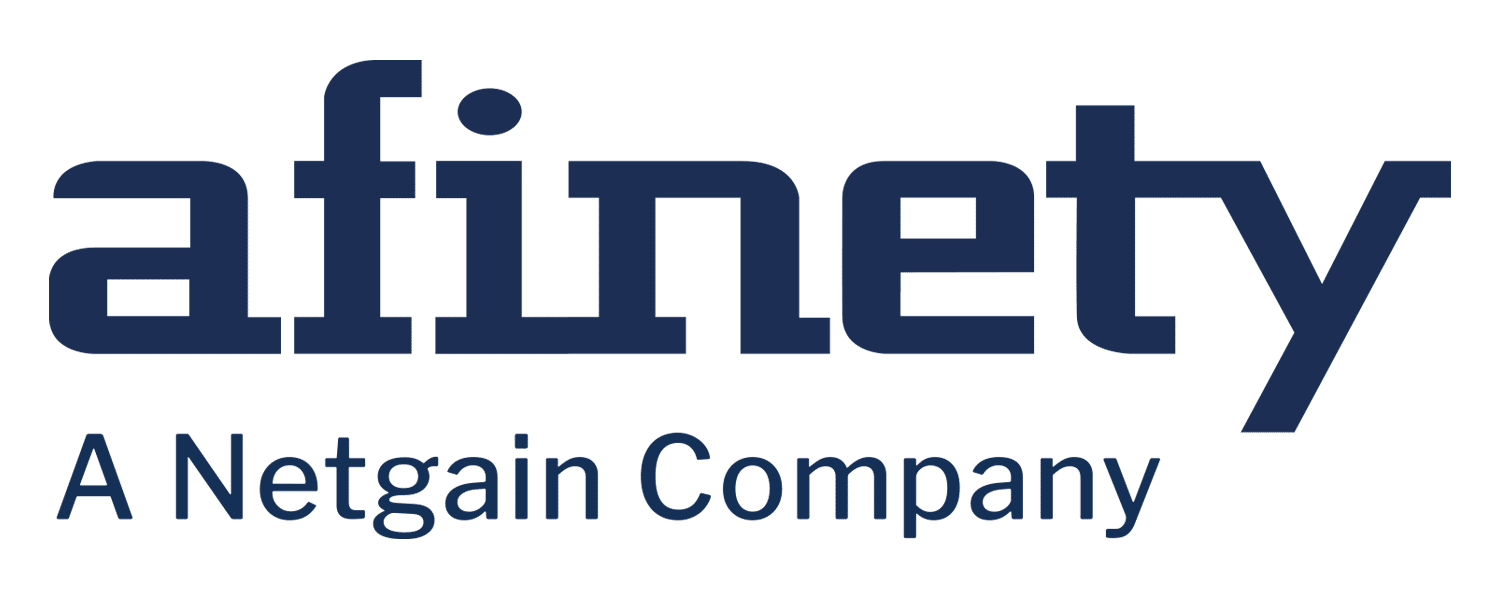Law firms face the dual challenge of harnessing the benefits of advanced technology while safeguarding against its inherent risks. The shift to digital operations—driven by cloud-based solutions, automation and artificial intelligence—has transformed the practice of law, improving efficiency, enhancing client service and enabling firms to scale. However, alongside these advances come heightened risks, including cyber security threats and regulatory challenges, which underscore the need for robust governance and compliance frameworks.
As handlers of sensitive client data, law firms are bound by ethical and legal mandates to protect confidentiality and meet stringent regulatory requirements. Establishing a comprehensive governance and compliance strategy that addresses cyber security, data protection and ethical technology practices is essential for any firm aiming for long-term success. Here’s a closer look at how firms can achieve this through a holistic approach that fosters proactive compliance and a risk-aware culture.
Effective governance goes far beyond traditional policy manuals; it’s about actively managing how technology integrates with the firm’s mission, client commitments and security requirements. A well-defined governance strategy should incorporate policies for data security, software usage and cloud storage, while keeping pace with evolving tools such as AI. This strategy hinges on collaboration across departments, ensuring that IT, compliance and legal teams work together to establish clear protocols for handling data, managing technology and maintaining cyber security. This multi-disciplinary approach enhances client confidence, reinforces accountability and keeps firms compliant with industry standards.
Compliance serves as the backbone of a law firm’s risk management efforts. Written Information Security Policies (WISP), for instance, provide a foundational framework for managing client information. These policies outline security standards for document retention, secure storage and access controls, formalizing protocols that help firms meet requirements like GDPR, HIPAA and the ABA’s Model Rules on client confidentiality. By regularly reviewing and updating WISP and other compliance policies, firms can ensure they stay aligned with regulatory changes and remain vigilant against emerging threats. This proactive stance mitigates potential penalties, preserves client trust and reinforces the firm’s role as a reliable legal partner.
Cyber security, meanwhile, is a critical element of any law firm’s risk management strategy, as breaches can lead to costly disruptions and reputational harm. To combat evolving threats, law firms should establish comprehensive cyber security measures that protect client data through multi-factor authentication (MFA), encrypted communications, regular software updates and endpoint protection. Law firms should perform frequent security assessments to identify vulnerabilities, with regular updates to defenses based on new threats. It’s not just an IT responsibility; cyber security is a firm-wide commitment that demands awareness and action from every team member.
Risk management in law firms extends beyond technology. It encompasses a range of strategies aimed at identifying and mitigating risks associated with data handling, regulatory compliance and operational processes. Maintaining detailed risk assessment logs, documenting potential threats and routinely testing systems contribute to a firm’s ability to protect both client and firm data. Establishing incident response plans also allows firms to act swiftly if issues arise, reducing potential impact and maintaining smooth operations. Demonstrating a proactive approach to risk management strengthens client trust, which is paramount in the legal industry.
Emerging technologies like AI present tremendous potential for enhancing legal research, case management and client communication, yet they must be employed with responsibility and care. By adopting clear guidelines around acceptable uses of AI and other tools, firms can ensure transparency, ethical use and accountability. This might include regular reviews and testing of AI models to ensure they align with both the firm’s ethical standards and client expectations. Demonstrating a commitment to responsible tech use not only enhances client confidence but also supports the firm’s broader governance goals.
Creating a culture of cyber security awareness is essential in fostering resilience. This begins with regular training on data protection, phishing prevention and secure information practices, helping employees understand their role in protecting client data. Ongoing education reinforces vigilance and empowers attorneys and staff to identify potential threats and act responsibly. Security-focused training can also include ethical considerations, ensuring that technology enhances the firm’s reputation rather than exposing it to unnecessary risks.
Client trust is the cornerstone of a successful law firm, and in a digital world, clients expect firms to prioritize data protection and cyber security. By openly sharing information about the firm’s cybersecurity protocols, governance practices, and compliance frameworks, firms can build a reputation for transparency and reliability. Engaging clients with relevant details about data governance demonstrates a dedication to safeguarding their information and builds stronger client relationships.
The tech landscape is dynamic, and resilience depends on adaptability. Law firms can prepare for technological evolution by staying informed of industry trends, regulatory changes and client expectations, ensuring they can pivot as needed. With an adaptable infrastructure capable of accommodating emerging tools and updates, firms can confidently explore new technology options while minimizing risk. Preparing for these changes helps maximize the benefits of technology, positioning firms to thrive and deliver trusted legal services with confidence.
As law firms navigate the complexities of new technologies, resilient governance and compliance frameworks are essential. Integrating cyber security best practices, formalizing data protection policies, and proactively managing risks help firms protect clients and uphold the highest standards of professionalism. Embracing a culture of cyber security, prioritizing ethical tech use and engaging clients with transparency allow law firms to build a foundation for resilience that will support their success for years to come. Resilience isn’t merely a defensive posture; it’s a proactive strategy that prepares firms to succeed in a landscape defined by rapid change, delivering trusted legal services with confidence.

